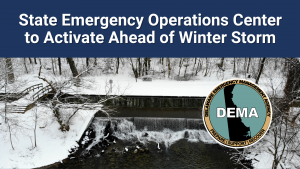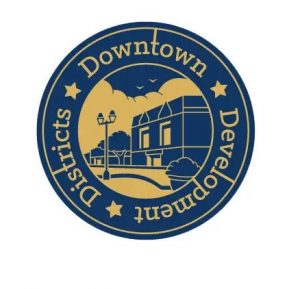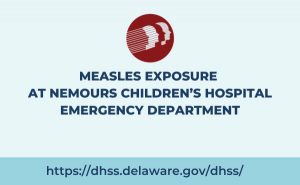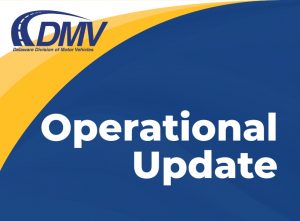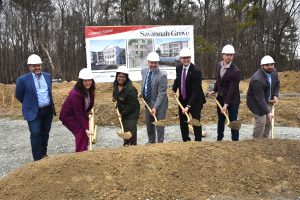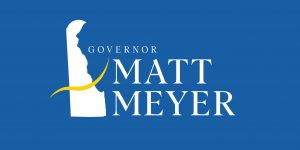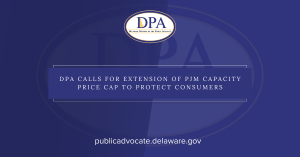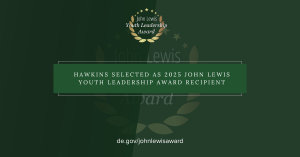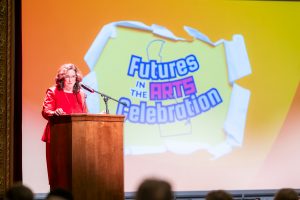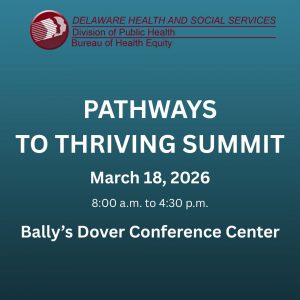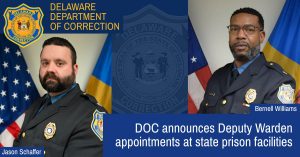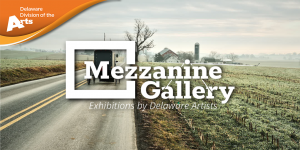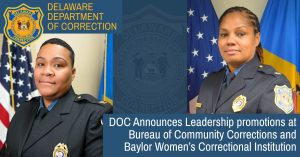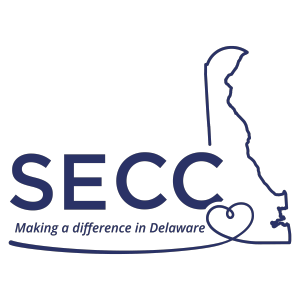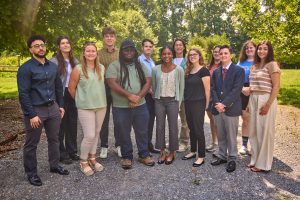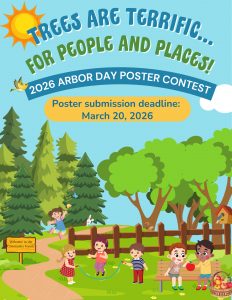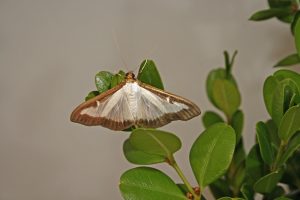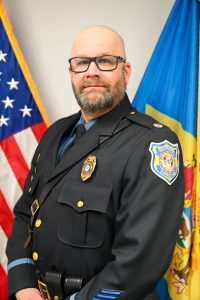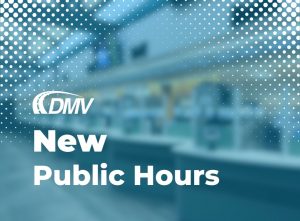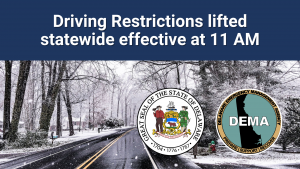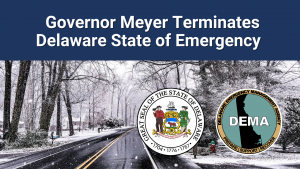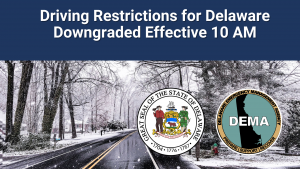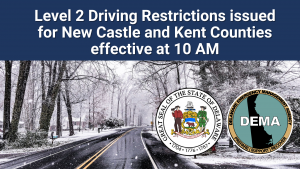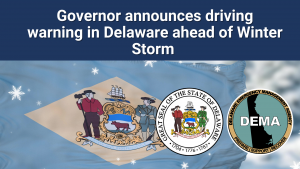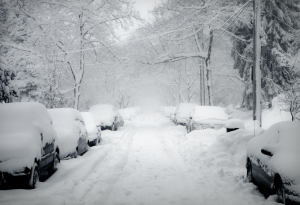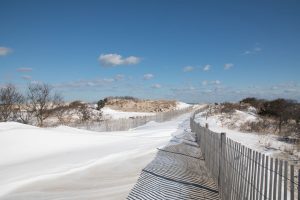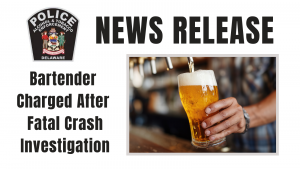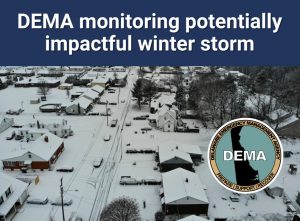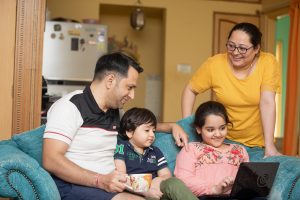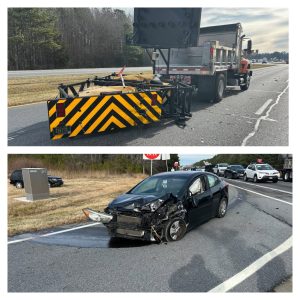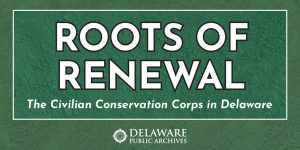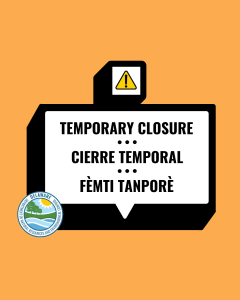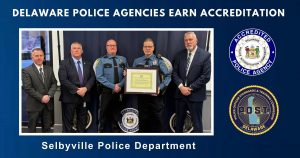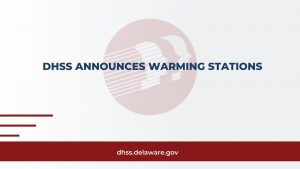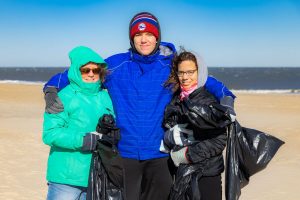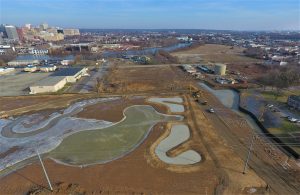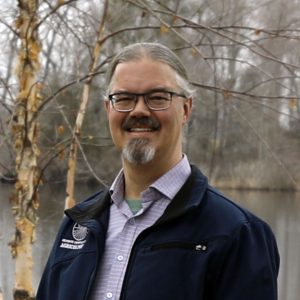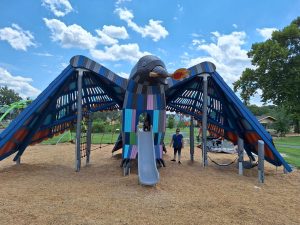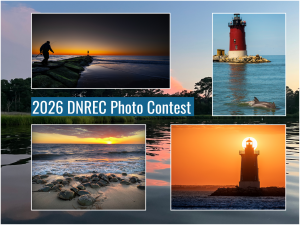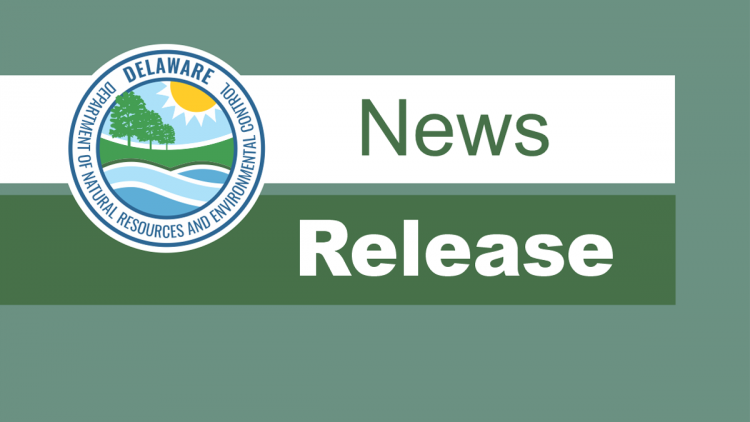
[versión en español]
Public Invited to Sept. 28 Virtual Event to Discuss Permits for Bioenergy Devco Before Company Can Expand Operations
The Delaware Department of Natural Resources and Environmental Control will hold a virtual community workshop on Wednesday, Sept. 28 about a proposal by Bioenergy Devco (BDC) to expand its existing composting facility in Seaford, Del. to transform organic waste into renewable energy. The proposed project will require multiple permits from DNREC, spanning several of the Department’s divisions, including Air Quality, Waste and Hazardous Substances, and Water. Detailed information about the project and community resources are available at de.gov/biodevco.
The Sept. 28 virtual community workshop is scheduled for 6 p.m. The workshop will allow the community to learn more about BDC’s expansion plans and information contained in the permit applications before making official public comments. These plans include the construction of an anaerobic digester, which breaks down organic wastes and converts them into renewable natural gas or “biogas” and an organic soil amendment.
The virtual community workshop will be conducted by DNREC staff. Attendees will be able to ask questions of the Department about the proposed project. Closed captioning, in languages including English and Spanish, is available as an option. Registration and connection information is published on the DNREC events calendar at de.gov/dnrecmeetings.
A virtual public hearing for the project will be held about a month later, scheduled at 6 p.m. on Oct. 26. The public hearing will allow attendees who have pre-registered to offer comments on the applications to be entered into the public record. Closed captioning, in languages including English and Spanish, is available as an option. All public comments, whether received verbally at the public hearing or in writing before or after the hearing, have the same weight and will be considered equally by the Secretary in making a decision on whether to grant the permit. Registration and connection information is published on the DNREC public hearing webpage, de.gov/dnrechearings.
BDC’s facility is currently permitted by DNREC to accept organic waste from approved poultry industry sources for composting. The proposed facility expansion would give BDC the capacity for receiving and processing up to 250,000 tons per year of permitted organic waste. In addition to the proposed anaerobic digestion system, the expansion plans also include construction of a wastewater pre-treatment system and a biogas upgrading plant. There is also a proposed emergency generator.
Byproducts from the process would include pipeline-grade renewable natural gas (RNG) and digestate, which would be dewatered and is proposed for use in the adjacent compost facility – or to be marketed in the future as a soil amendment that can be turned into compost (and which would require a distribution and marketing permit that is not part of the current proposed project and permit applications).
Specifically, information about each of the DNREC permits BDC has applied for include:
A resource recovery facility permit from the DNREC Division of Waste and Hazardous Substances to construct an anaerobic digestion system, biogas upgrading plant, and compost facility, designed to process poultry industry wastes into digestate, pipeline-grade renewable natural gas (RNG), and compost. Wastes the facility will accept include poultry litter, hatchery waste, dissolved air flotation (DAF) solid cake and liquid sludge, offal, waste activated sludge, and fats, oils, and greases.
Two 1102 Natural Minor air pollution permits from the DNREC Division of Air Quality to construct a natural gas-fired emergency generator with a standby power rating of 1,082 kilowatts (kW) (1,451 horsepower) and four anaerobic digesters with associated biogas upgrade and air pollution control equipment. The engine used in the proposed generator set is certified to comply with, and will be required to adhere to, U.S. Environmental Protection Agency regulations.
Two wastewater facility construction permits from the DNREC Division of Water to construct an anaerobic digestion system and a wastewater pre-treatment system as part of the proposed resource recovery facility that processes poultry industry wastes into digestate, pipeline-grade renewable natural gas and compost. The anaerobic digestion system and wastewater pretreatment system will include three 0.208-million-gallon (MG) pretreatment tanks, and four 1.95 MG fermentation tanks, a Membrane Bioreactor System (MBR), a 0.198 MG anoxic tank, a 0.412 MG aerobic reactor, a 0.198 MG ultrafiltration feeding tank and ultrafiltration and reverse osmosis treatment systems. The treated wastewater will be pumped and hauled to the Seaford wastewater treatment and disposal facility. BDC plans for a future construction phase will eliminate the need to transport the wastewater via truck by constructing a sanitary sewer pump station and force main that will connect to a future city of Seaford force main located in front of the BDC biogas site on Seaford Road.
BDC’s permit applications and supporting materials can be found in detail on the DNREC website, de.gov/biodevco.
About DNREC
The Delaware Department of Natural Resources and Environmental Control protects and manages the state’s natural resources, protects public health, provides outdoor recreational opportunities and educates Delawareans about the environment. The DNREC Division of Air Quality monitors and regulates all emissions to the air. The DNREC Division of Waste and Hazardous Substances ensures Delaware’s wastes are managed to protect human life, health, safety and the environment. The DNREC Division of Water manages and protects Delaware’s water resources. For more information, visit the website and connect with @DelawareDNREC on Facebook, Twitter or LinkedIn.
Media Contacts: Nikki Lavoie, nikki.lavoie@delaware.gov; Michael Globetti, michael.globetti@delaware.gov


